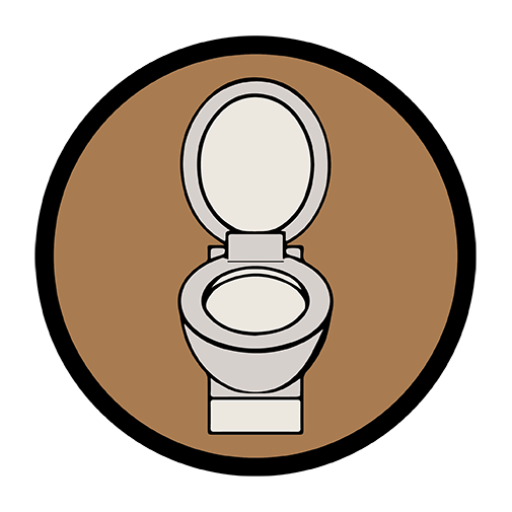A urologist explains how to prevent nocturia
You may now stop going to the bathroom in the middle of the night to pee. Dr. Edward Schaeffer, a urologist at Northwestern Medicine, has offered advice on how men may effectively control how often they use the restroom when they could be sleeping instead.
According to The New York Post, prostate cancer expert Schaeffer provided some nocturnal advice on Dr. Peter Attia’s “Drive” podcast, and some of the suggestions are genuinely somewhat unexpected.
“A lot of it is just education and behavioral modifications”, explained Schaeffer, program director of the Genitourinary Oncology Program at Northwestern’s Robert H. Lurie Comprehensive Cancer Center.
“So educating people that a lot of what you take in will come out, that the idea of the kidneys are designed to maintain our body’s fluids status and that kind of homeostasis”.
Schaeffer also mentioned the connection between nocturia—the urge to urinate during the night—and pressure on the bladder brought on by a prostatic enlargement.
According to The American Cancer Society, one in eight men will receive a prostate cancer diagnosis at some point in their lives, and they project that there will be 288,300 new cases of prostate cancer in the following year.
1. Limit your beverage consumption before bed
When considering urine frequency, drinking habits should take into account not only the quantity but also the type of beverage and the time of day it is consumed.
“A lot of people come in with nighttime urinary frequency, and a lot of that you can modify with education”, Schaeffer explained.
“Saying, ‘Hey, don’t drink a glass of water right before you go to bed’, and, ‘If you get up in the middle of the night because you have to urinate, don’t drink another glass of water right when you get up to urinate”, he said.
“That kind of component of the education, timing of when you take in those fluids, and then what’s in those fluids, specifically caffeine”.
He also disclosed that certain liquids, such as coffee-infused iced tea, already contain natural diuretics and can cause issues over night.
“If you’re taking or drinking something that’s a diuretic, you’re going to produce more urine, and that will result in more urinary symptoms within two to four hours after taking that fluid in”, he said.
2. Avoid alcohol before bed
The two discussed how drinking alcohol can affect your nighttime urine throughout the podcast.
The Cleveland Clinic states that consuming alcohol in the evening may make you feel more the need to urinate in the middle of the night.
According to Schaeffer, an anti-diuretic hormone that is “naturally secreted” stops you from producing more fluid.
“Alcohol, by the way, inhibits this hormone, which is why alcohol before bed is a great recipe for having to get up and pee for two reasons: you get the fluid in the drink, and then you get a molecule that inhibits the release of anti-diuretic hormone”, Attia said.
“Absolutely, the classic one for that is beer, because it’s a higher liquid volume intake”, Schaeffer explained.
The anti-diuretic hormone’s “peak” declines with each passing decade, he continued.
3. Stockings up to the knees can be beneficial
Peripheral edema, or the accumulation of fluid in the legs, can impact urination frequency in both men and women, according to Schaeffer. According to him, fluid might escape and enter the vascular space when you’re lying down at night, which your kidneys may interpret as “increased fluid”.
Even moderate peripheral edema is a major cause of frequent nighttime urine, according to him.
“One of the behavioral modifications is… knee high stockings for people who, if I see them at 8, 9, 10 o’’clock in the morning and they have any edema, any kind of ringing around their socks, then I definitely strongly encourage them to do that”, he said.
“I tell people that if you’re getting up twice a night and you have a little bit of edema, we do some behavioral modifications, we can reduce your nocturnal urinary frequency by kind of one—so you can go from two times a night to one time a night just by changing what you drink and wearing TED stockings”, he continued.
Although this advice might not apply to everyone, he pointed out that it can benefit people without requiring them to take numerous prescriptions.

